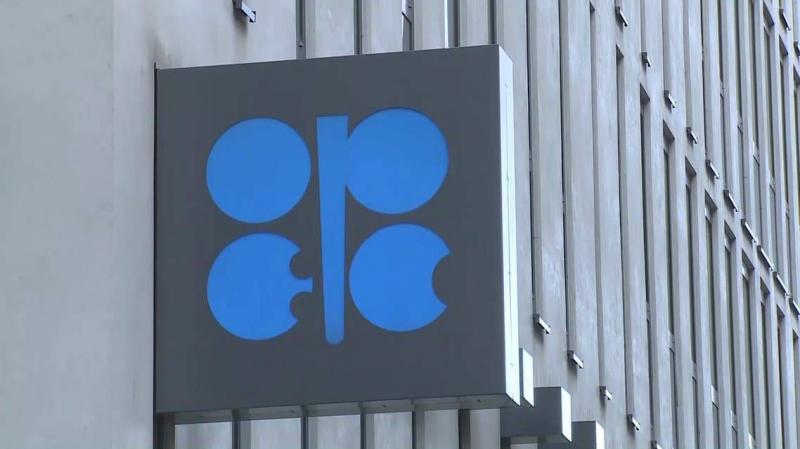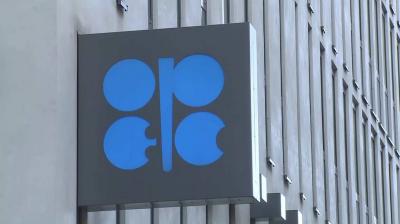The White House stated that the United States values its cooperation with Saudi Arabia, the UAE, and OPEC+ to address the pressures of rising energy prices. In a statement on Tuesday, the White House welcomed OPEC+'s decision to increase oil production, which aids global economic recovery, noting an increase in meeting global energy demand in recent weeks.
The twenty-fourth OPEC+ meeting concluded with an agreement to maintain production policy unchanged, meaning members will adhere to an increase of 400,000 barrels per day in February.
Saudi Energy Minister Prince Abdulaziz bin Salman confirmed that the longest meeting of the Organization of the Petroleum Exporting Countries (OPEC) and its allies, known as OPEC+, concluded on Tuesday. This was the twenty-third open meeting since December 2, aimed at monitoring the impact of Omicron on oil markets.
Russian Deputy Prime Minister Alexander Novak expressed his belief that "there is uncertainty regarding Omicron, but it does not affect oil demand." Energy strategy expert Naif Al-Dandani described the decision in an interview with Al-Arabiya as reflecting OPEC+'s approach to strategic influences, considering that the panic regarding the impact of the Omicron variant on oil prices was exaggerated.
In February, Saudi production will reach 10.22 million barrels per day, with its share of the increase being 105,000 barrels per day compared to the current month. The next meeting is scheduled for February 2.
### Extension of Compensation Period
OPEC+'s decisions at the conclusion of its meeting today included extending the compensation period until June and setting the date for the next meeting on February 2, 2022. A technical report released on Sunday indicated that OPEC+ expects the impact of the Omicron coronavirus variant on the oil market to be light and temporary, keeping the door open for further increases in production.
The Joint Technical Committee (JTC) report stated: "The expected impact of the new Omicron variant is likely to be mild and short-lived, as the world is better equipped to manage COVID-19 and related challenges." The report added: "This, along with the steady economic outlook in both advanced and emerging economies."




